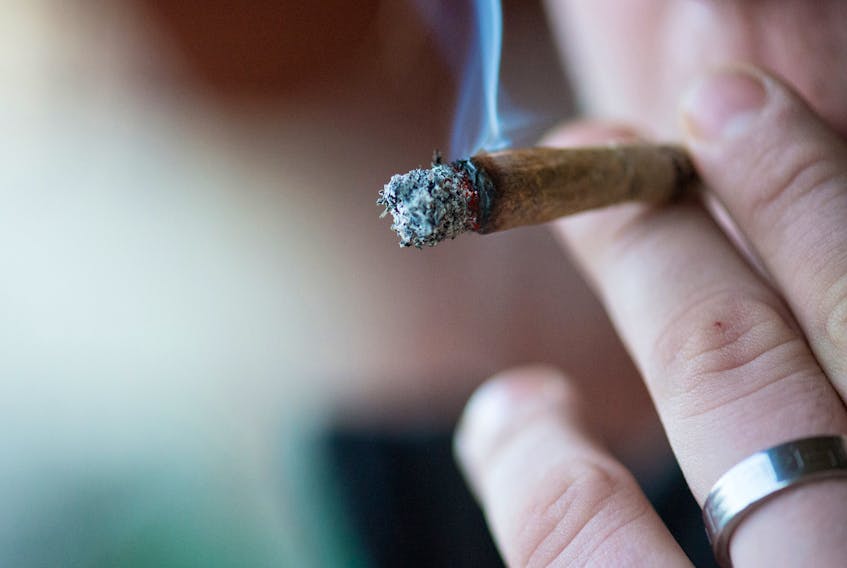SACKVILLE, N.B. — How do students feel about cannabis use on campus? And how does it impact their life at university?
That’s what two researchers at Mount Allison are aiming to find out as part of a study they are conducting to determine student perceptions about pot and its recent legalization.
Christiana MacDougall, assistant professor of sociology and women and gender studies, and Matt Maston, disability services advisor at Mount Allison’s Meighen Centre, have started interviews this week with student cannabis users who have agreed to share their thoughts on the issue.
“What we’re looking to do is get that insiders’ view,” said Maston.
Maston explained they have about 20 students who have so far volunteered for the hour-long interviews, which will feature a broad range of open-ended questions designed to spark dialogue and conversations about their use of cannabis.
“It’s important to know how students see it as affecting their academics and their health and their social life.”
MacDougall said most of the studies that have been done since legalization went into effect last fall across the country have taken a quantitative or numbers-focused approach on the issue. So she and Maston are eager to delve a bit deeper and hopefully gain a better understanding about student behaviours around cannabis use.
“The interview approach to research allows us to understand more of the nuances, people’s perceptions – why they’re using, why they think they’re using, what are their thoughts about how it affects them positively and negatively, that sort of thing. So it gives a different kind of information than what’s the most dominant health research,” she said.
Maston said the information provided from students will not only be of use to others in the academic world, as the researchers intend to share their findings with other post-secondary institutions at summer conferences, but could also serve as a step towards developing specific programming at Mount Allison such as harm reduction programs.
“So having this information from students about how they use and how they perceive the effects on them can be useful in that approach, in supports for students,” he said.
Researchers will ask a number of questions of the interviewees, starting with their early experiences with the drug, when they started using and how they were exposed to cannabis to how often they are using, what types of cannabis they are using, are they using it for medicinal purposes or for recreational use, and what they think are the benefits or drawbacks of either one. Students will also be asked about their perceptions about cannabis use on campus in general and if they think legalization has had any impact on its use.
“What’s the cannabis culture on campus? What are students thinking and talking and doing with cannabis?” said MacDougall.
She said it’s an important part of the equation to develop a broader understanding, particularly from a campus health perspective, of why people engage in the behaviours they do – whether it’s drug use or smoking or drinking alcohol.
“Understanding what people think about their behaviours, what their motivations are for their behaviours, how specifically cannabis is affecting their life as a student . . . giving people a chance to talk openly and honestly about the pros and cons of their behaviours then allows those of us who are interested in health interventions and health research to create interventions that people are going to respond to.”
MacDougall said this first study will serve as a pilot for what will likely become ongoing research into the issue as interest over the impacts of legalization and the effects on youth behaviours continues to grow.
“I don’t know how much legalization has changed behaviours. But even if it hasn’t, that’s also an interesting finding,” she said.
“I think there is a lot of fear that legalization is going to result in a lot more use. And if it does, it’s important to know. And if it doesn’t, that’s important to know too, not just for Canada but globally, as different countries start to look at the harms that have been done by criminalizing cannabis.”
RELATED:
Cannabis legalization having different effects on policing across Atlantic Canada
Marijuana sales brisk in Atlantic region
University of Denver prof says day-to-day life won't change much after cannabis legalization









